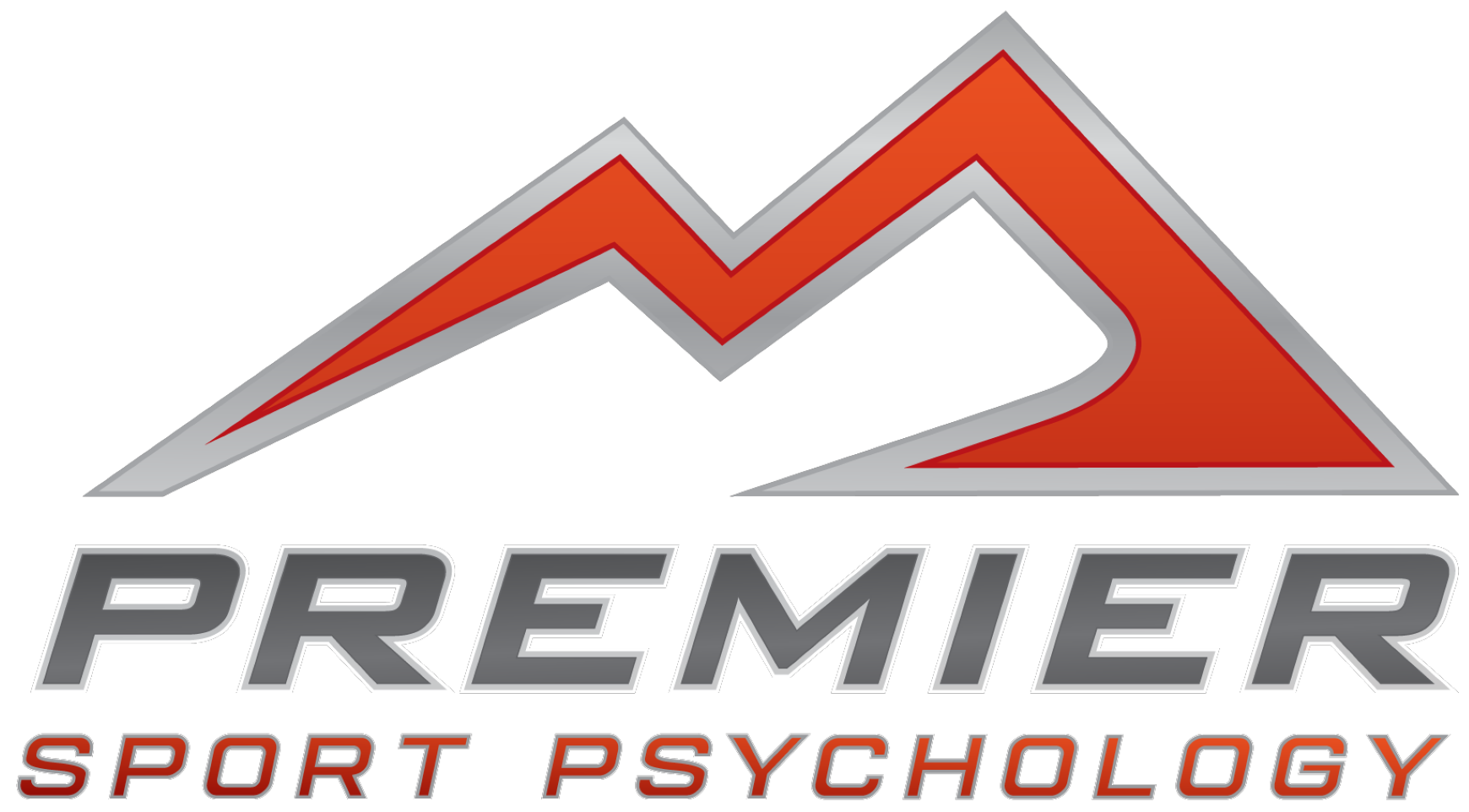With Thanksgiving just around the corner, this is the time of year where many of us start to think about what we are grateful for. Maybe it’s our families, our good health, or the win we had last week. Did you know that expressing more gratitude on a regular basis could significantly increase your physical and mental health? Having gratitude has been linked to decreased levels of anxiety, depression, and restless sleep. Grateful athletes have been shown to be more satisfied with their teams, are less likely to experience burn out, and have increased overall well-being. “Feeling like we’re part of a supportive team is fulfilling and motivates us to keep going back,” (Chertok, 2016). This can be felt on all levels of the team–from coaches, to fans, and athletes alike.
How can we promote this “attitude of gratitude” within our teams? There are many ways to show gratitude! Before your next game, have everyone on your team write down three things they are thankful for. By doing this, it not only creates a more positive atmosphere, but also promotes happiness and true enjoyment of the game. You can also reach out every day to a teammate, coach, parent, or friend and express how thankful you are for them. Studies have shown that communicating this gratitude can both strengthen the connection you have and boost moral (Lambert, 2010). By developing deeper connections with teammates and coaches, the opportunities for success dramatically increase. It would also be thoughtful to thank your competitors. Sometimes they may not be your favorite people, but without them, who would push you to be better? The game only goes on if there are others to challenge you. Gratitude is a powerful tool that can help teams and individuals reach their full potential, and help them find why they love their sport. As John Wooden said, “If we magnified blessings as much as we magnify disappointment, we would all be much happier.” Show some gratitude today and everyday! You would be amazed at what opportunities open up for you.
